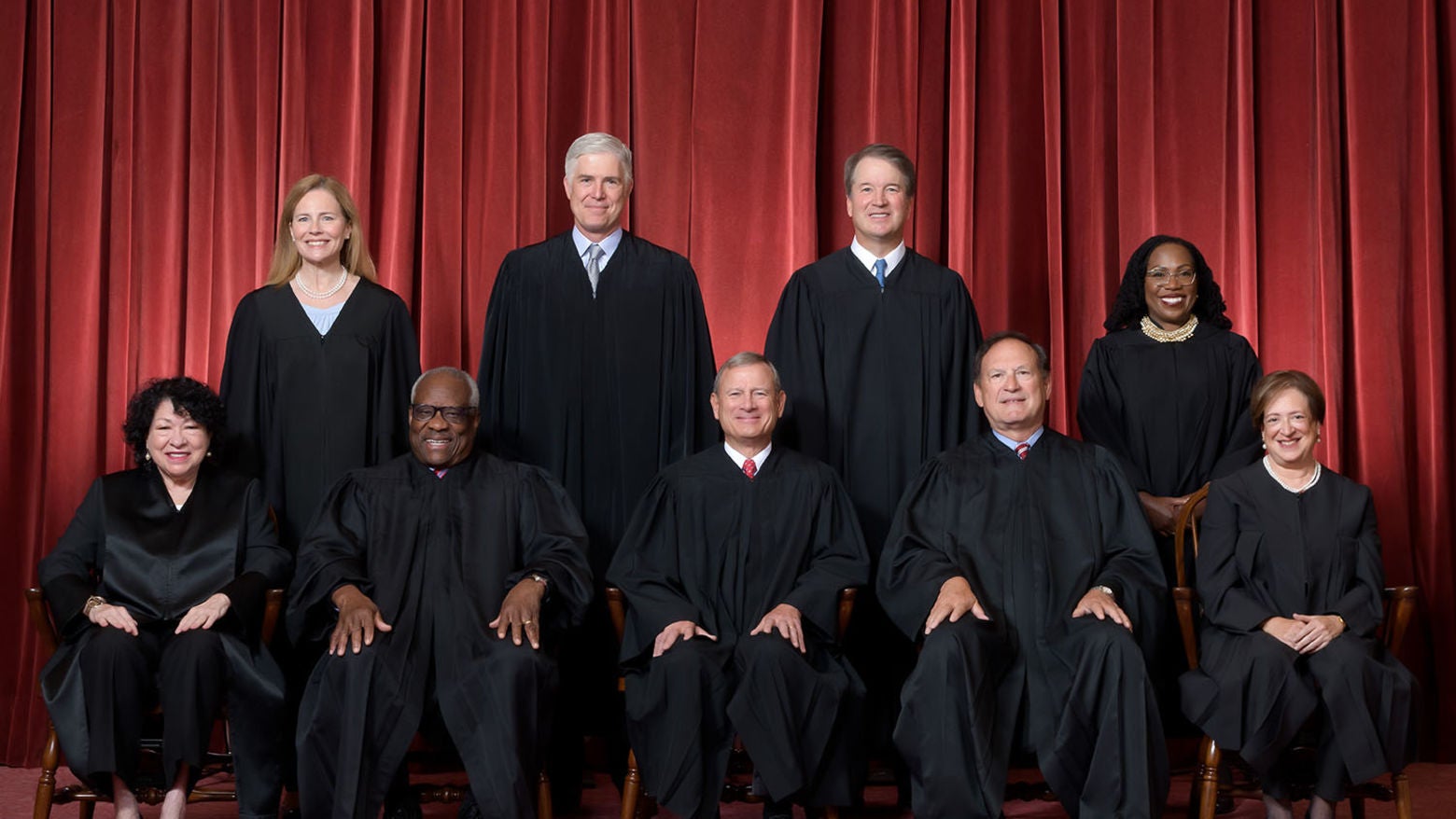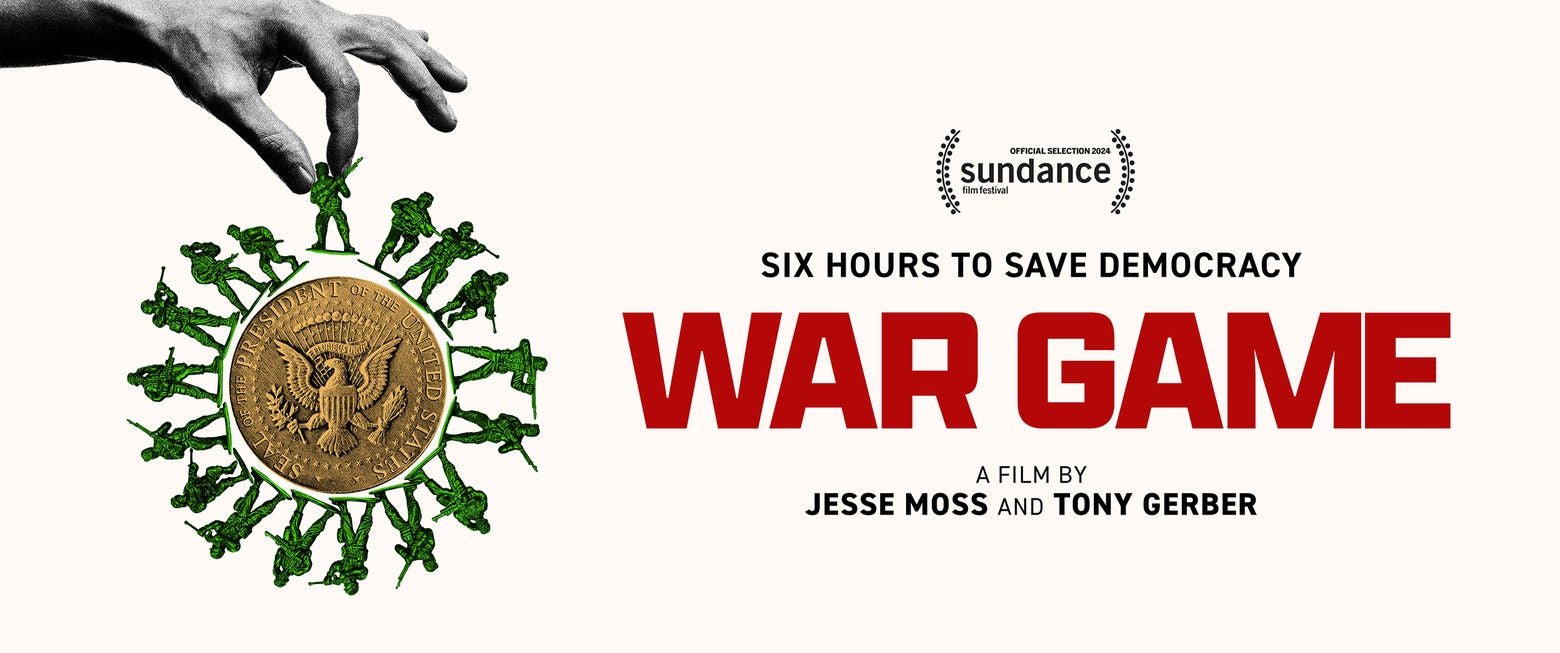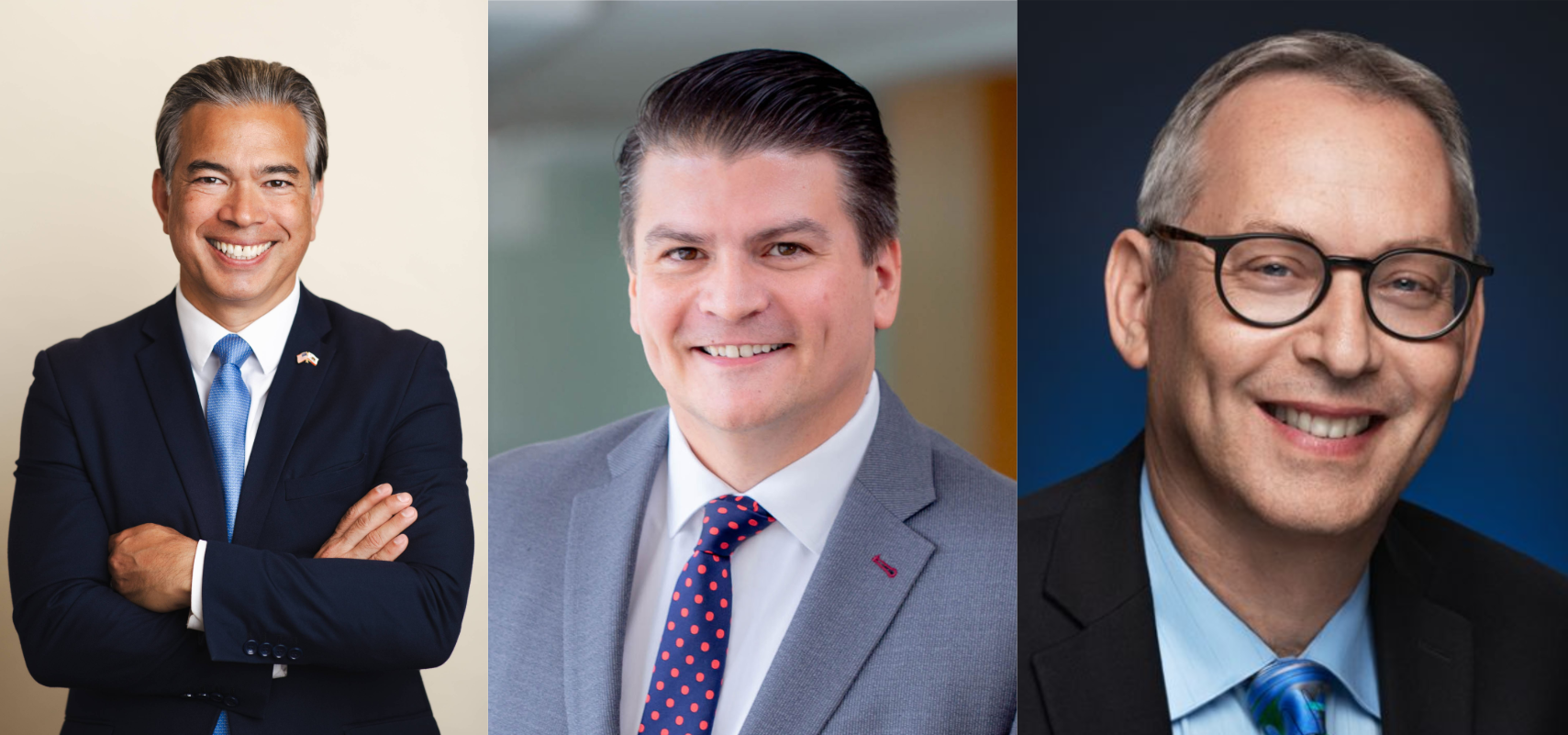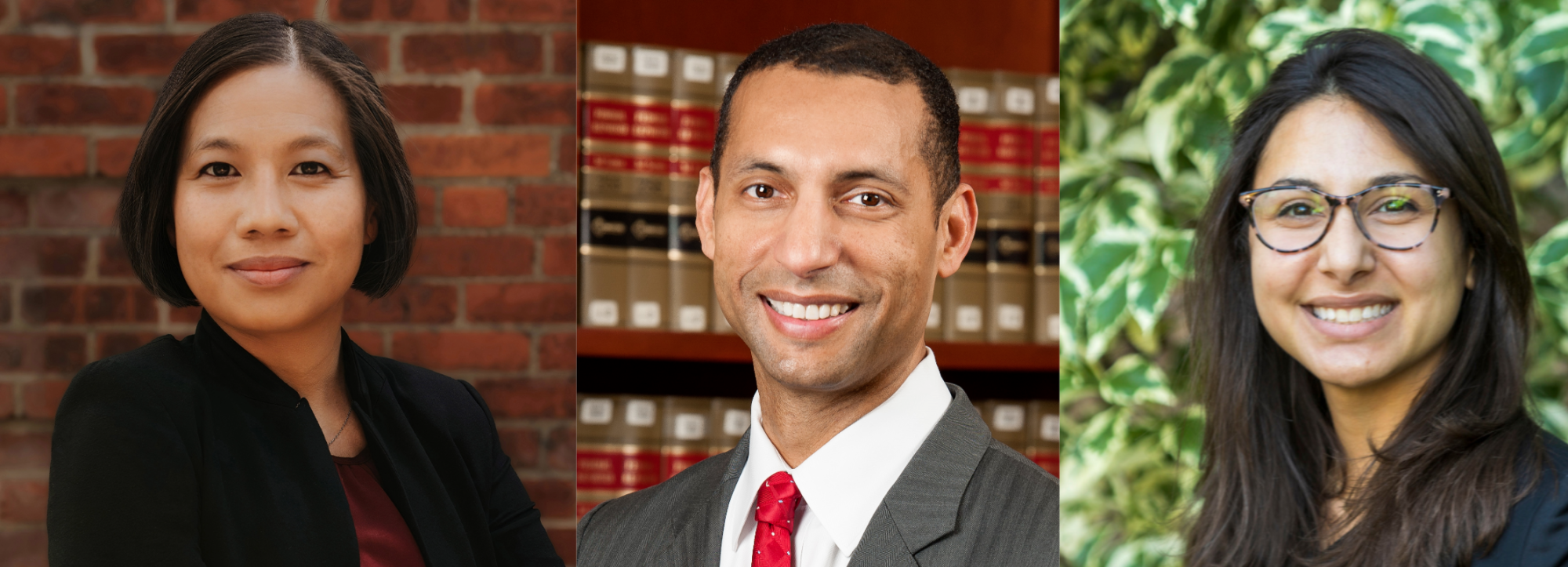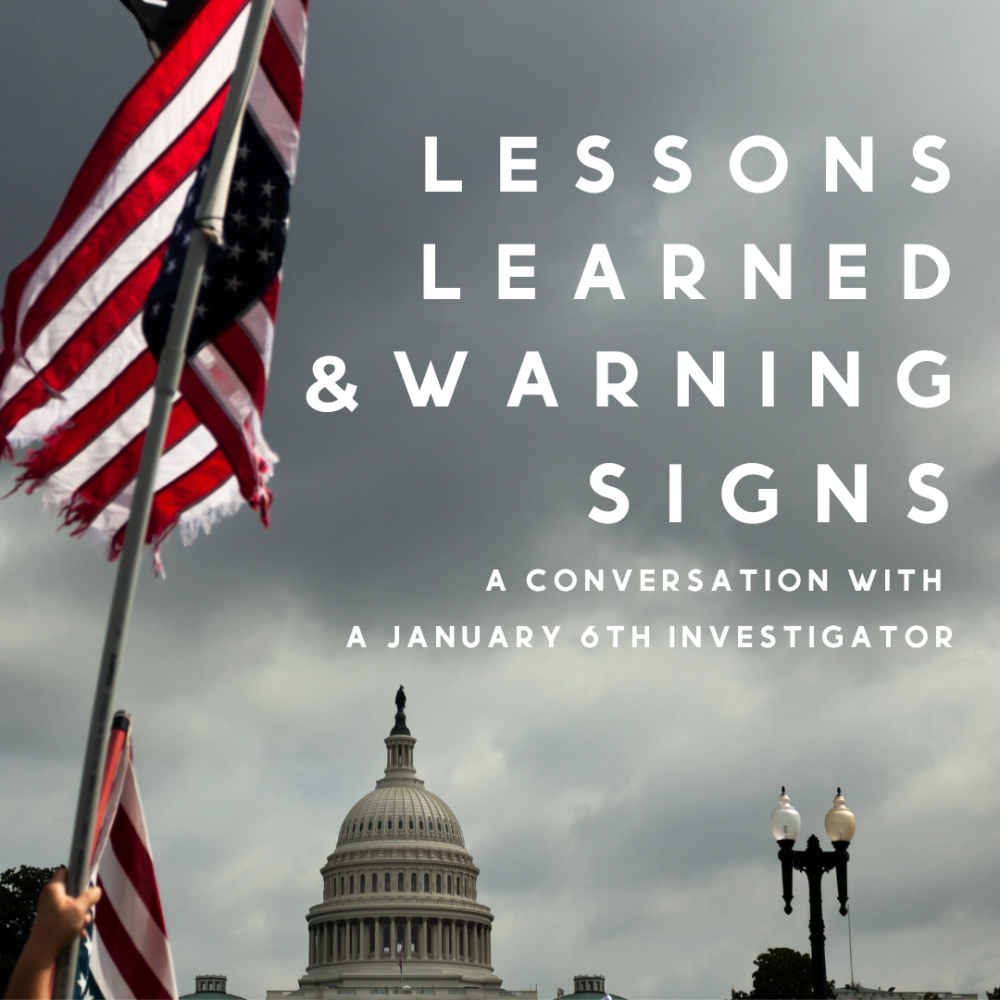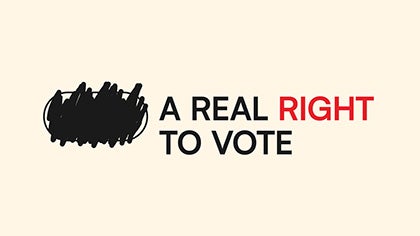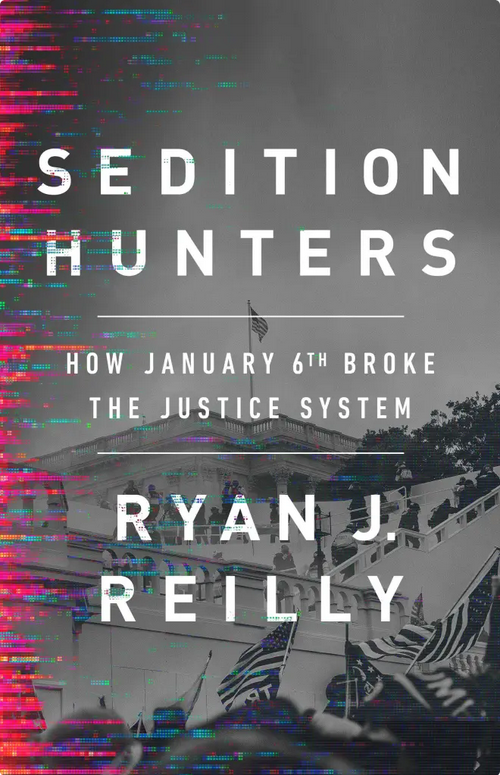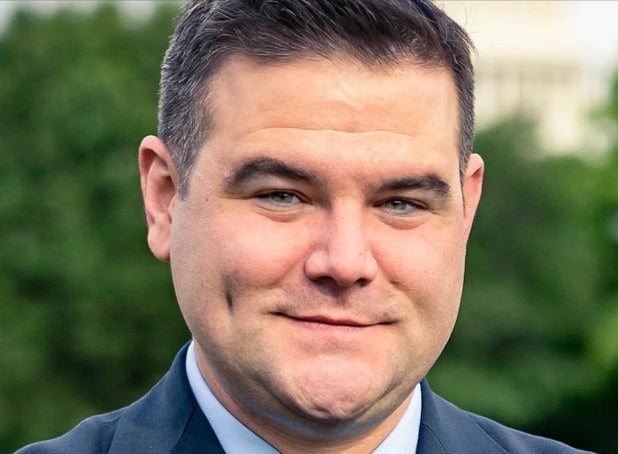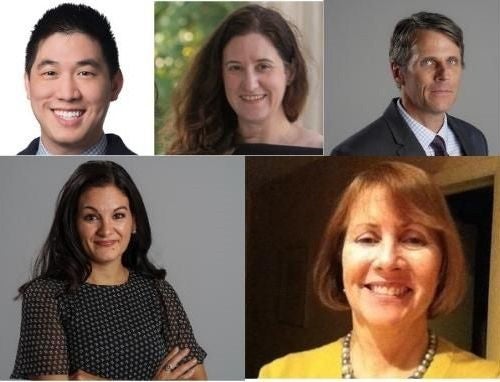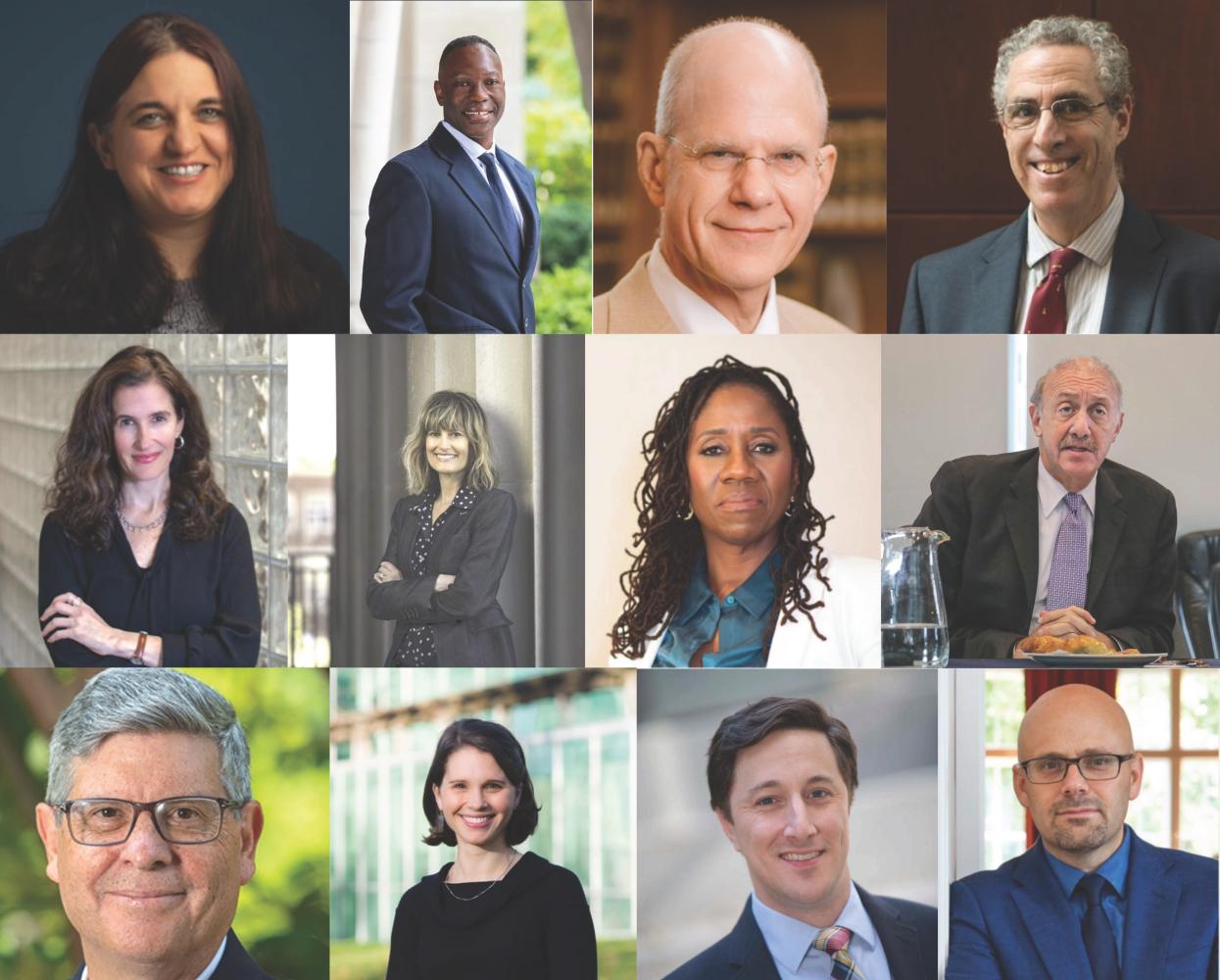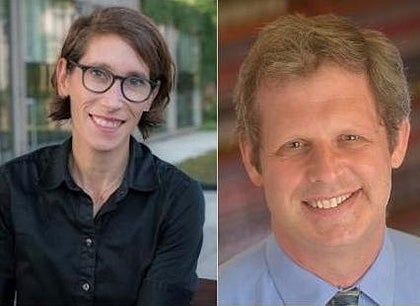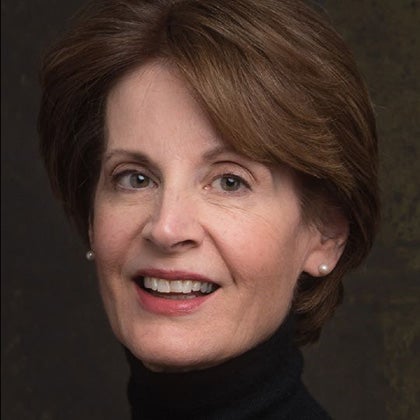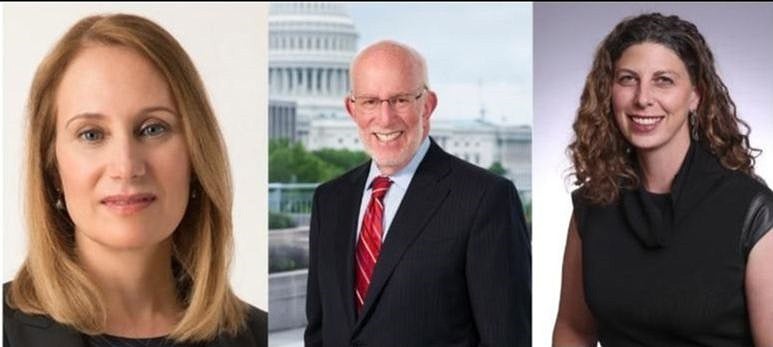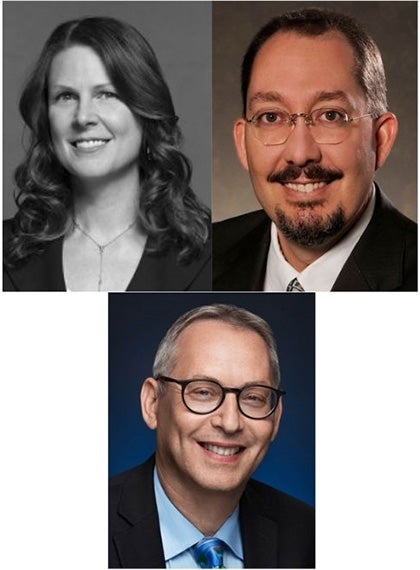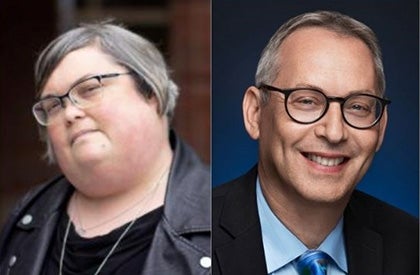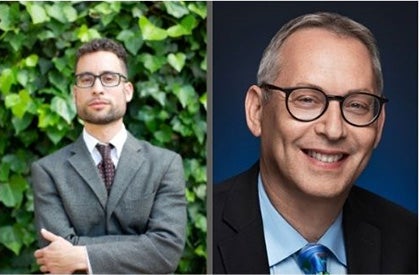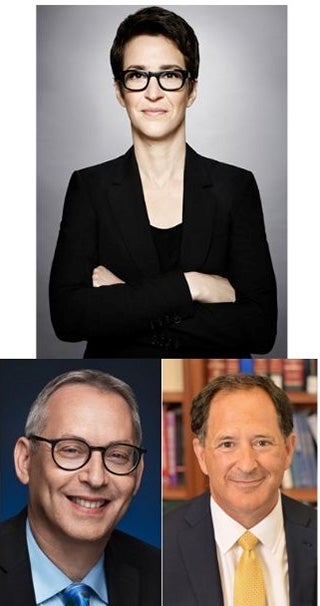Professor Hasen Speaks About “Safeguarding Democracy Project”
Professor Hasen Speaks to CNN about January 6, the risks of election subversion in 2024, and the new “Safeguarding Democracy Project” at UCLA Law.
The Safeguarding Democracy Project at UCLA Law promotes research, collaboration, and advocacy aimed at ensuring continued free and fair elections in the United States. The Project aims to protect the cornerstone of American democracy: that all eligible voters, and only eligible voters, will be able to freely cast a vote that will be fairly and accurately counted, with the winner of the election peacefully taking office and accepted as legitimate. It also focuses on bolstering the rule of law, the right to vote, and democratic institutions and norms.
Under the leadership of UCLA Law Professor Richard L. Hasen, one of the nation’s leading election law scholars, the Safeguarding Democracy Project is built upon the premise that tackling issues of U.S. election integrity must be collaborative: across ideologies, across scholarly disciplines, and as a bridge between theory and practice.
The Safeguarding Democracy Project brings together in dialogue scholars, election administrators, legislators, lawyers, voting rights advocates, and concerned citizens to develop practical solutions to urgent problems. It holds conferences, produces reports, and files legal briefs to educate and serve the public good.
Subscribe to the Safeguarding Democracy Project to hear about our upcoming events.
Who We Are
Upcoming Events
-
2024-25 Events

Apr. 10: Partisan Primaries, Polarization, and the Risks of Extremism
Register for the webinar here.
Thursday, April 10, 12:15pm-1:15pm PT, Webinar
Julia Azari, Marquette University, Ned Foley, Ohio State University, Moritz College of Law, Seth Masket, Denver University, and Rick Pildes, NYU Law School
Richard L. Hasen, moderator (Director, Safeguarding Democracy Project, UCLA)
Past Events
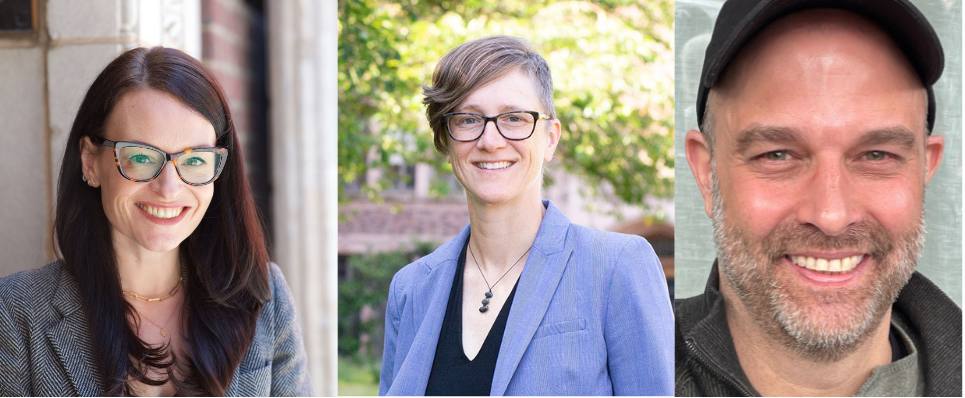
Mar. 31: Combatting False Election Information: Lessons from 2024 and a Look to the Future
Recording here.
Alice Marwick, Director of Research, Data & Society, UNC Chapel Hill, Kate Starbird, University of Washington, and Joshua Tucker, NYU.
Richard L. Hasen, moderator (Director, Safeguarding Democracy Project, UCLA)
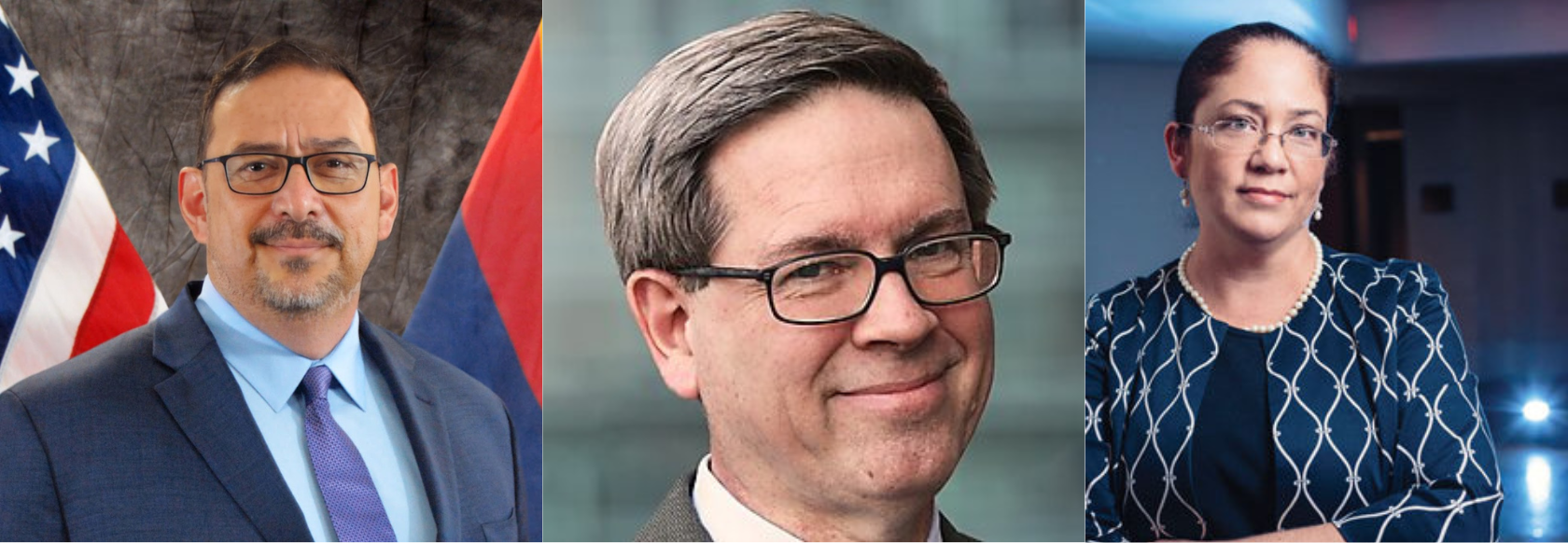
Mar. 4: What Do Documentary Proof of Citizenship Requirements for Voter Registration Accomplish?
Recording here.
Adrian Fontes, Arizona Secretary of State, Walter Olson, Senior Fellow at the Cato Institute, and Nina Perales, Vice President of Litigation, MALDEF (Mexican American Legal Defense and Educational Fund)
Richard L. Hasen, moderator (Director, Safeguarding Democracy Project, UCLA)

Feb. 13: Finding Common Ground on Modernizing Voter Registration
Recording here.
Christina Adkins, Director of Elections, Texas Secretary of State's Office, Judd Choate, Director of Elections in Colorado, and Charles H. Stewart III, MIT.
Richard L. Hasen, moderator (Director, Safeguarding Democracy Project, UCLA)

Jan. 28: Fair Elections and Voting Rights: What’s Ahead in the Next Four Years?
Recording here.
Amy Gardner, The Washington Post, Pamela Karlan, Stanford Law School, Stephen Richer, Harvard Kennedy School
Richard L. Hasen, moderator (Director, Safeguarding Democracy Project, UCLA)

Oct. 21: A.I., Social Media, the Information Environment and the 2024 Elections
Monday, October 21, Webinar
Recording here.
Co-sponsored by the Institute for Technology, Law & Policy, UCLA Law
Kate Klonick (St. John's University School of Law), Brendan Nyhan (Dartmouth) and Nate Persily (Stanford Law School)
Richard L. Hasen, moderator (Director, Safeguarding Democracy Project, UCLA)
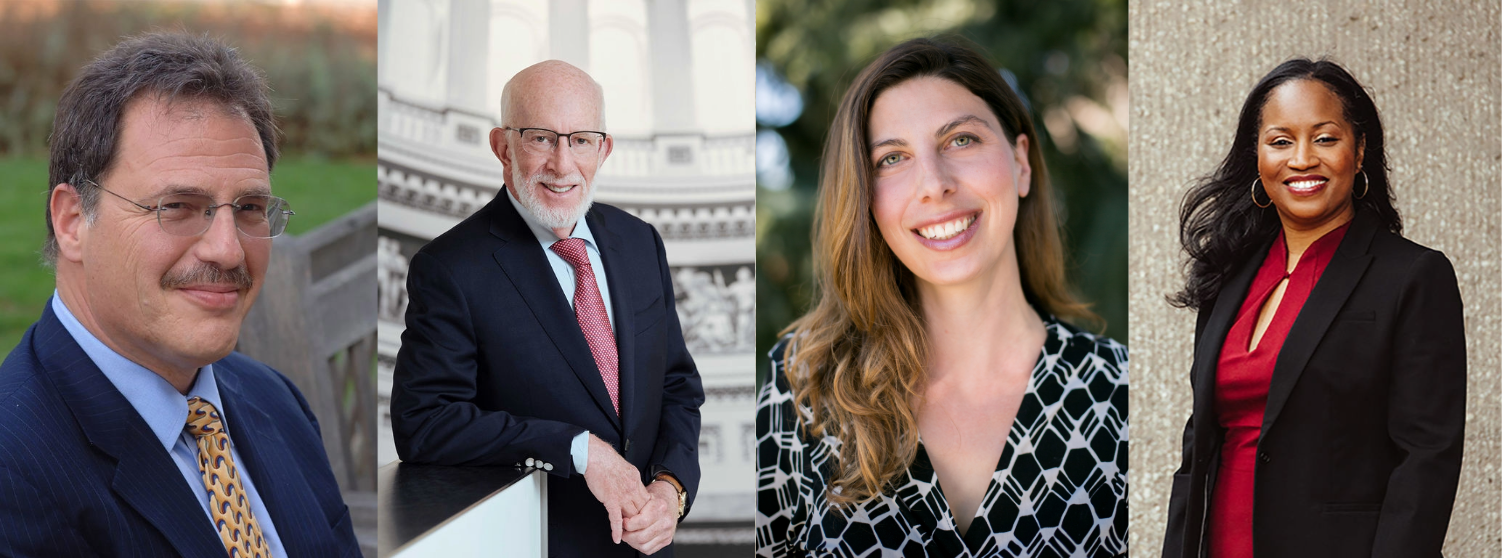
Oct. 15: Are We Ready for a Fair and Legitimate Election?
Tuesday, October 15, at the UCLA Hammer Museum
Recording here.
Co-presented with the Hammer Forum
Are election administrators up to the task of holding elections and fairly counting votes when they are subject to unprecedented public scrutiny and face possible harassment? Will delays in reporting vote totals undermine the public's confidence in election results, regardless of how well the election is administered? What are the risks to acceptance of election results and peaceful transitions of power between election day and January 6, 2025, when Congress counts the states’ Electoral College votes? Moderated by Rick Hasen, UCLA Law. Panelists: Larry Diamond, Stanford University, Ben Ginsberg, Stanford University, Rachel Kleinfeld, Carnegie Endowment for International Peace, and Franita Tolson, USC Law.
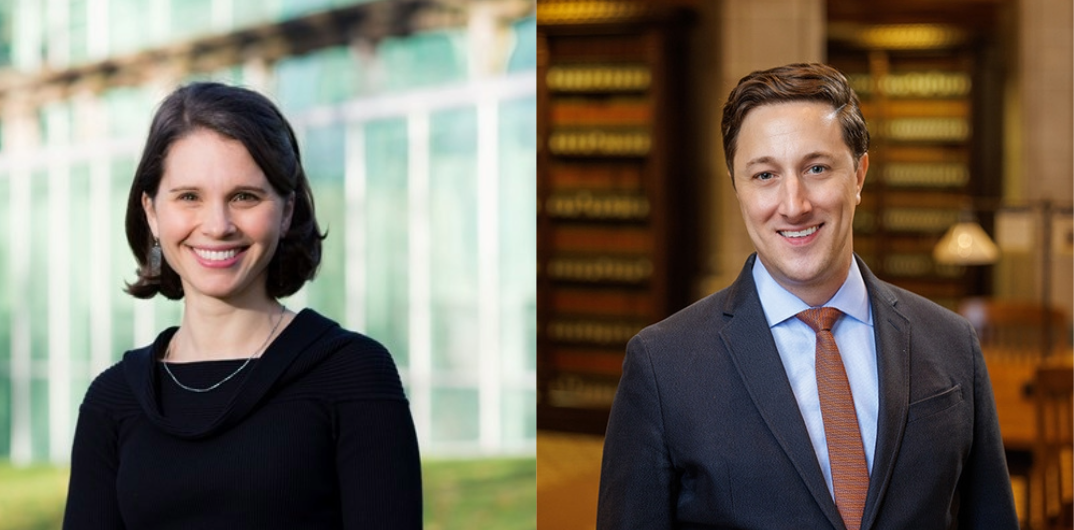
Oct. 9: Finding Common Ground in Election Law
Wednesday, October 9
Recording here.
Co-sponsored by the Office of the Dean, UCLA Law
Lisa Manheim (University of Washington School of Law), Derek T. Muller (Notre Dame Law School), and Richard L. Hasen (Director, Safeguarding Democracy Project, moderator)

Oct. 8: The United States Electoral College and Fair Elections
Tuesday, October 8 at the UCLA Hammer Museum
Recording here.
Co-presented with the Hammer Forum
Why does the United States use the Electoral College for choosing the President? Is the Electoral College a fair way to choose a President? What specific risks does the method for choosing electors pose for free and fair elections? How likely is the United States to adopt a national popular vote instead of the Electoral College? Moderated by Rick Hasen, UCLA Law. Panelists: Joey Fishkin, UCLA Law; Amanda Hollis-Brusky, Pomona College; Derek Muller, University of Notre Dame.
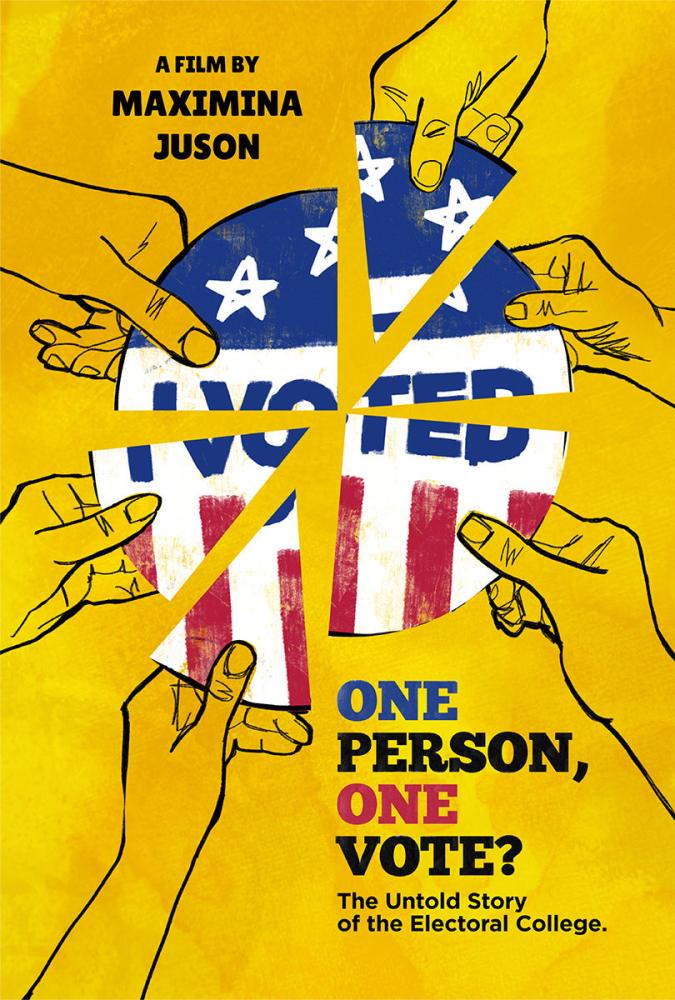
Sept. 25: One Person, One Vote?
Wednesday, September 25 at the UCLA Hammer Museum
Co-presented with the Hammer Forum
At a time when many Americans question democratic institutions, One Person, One Vote? unveils the complexities of the Electoral College, the uniquely American and often misunderstood mechanism for electing a president. The documentary follows four presidential electors representing different parties in Colorado during the intense 2020 election.
2024. dir. Maximina Juson. Color. 78 minutes.
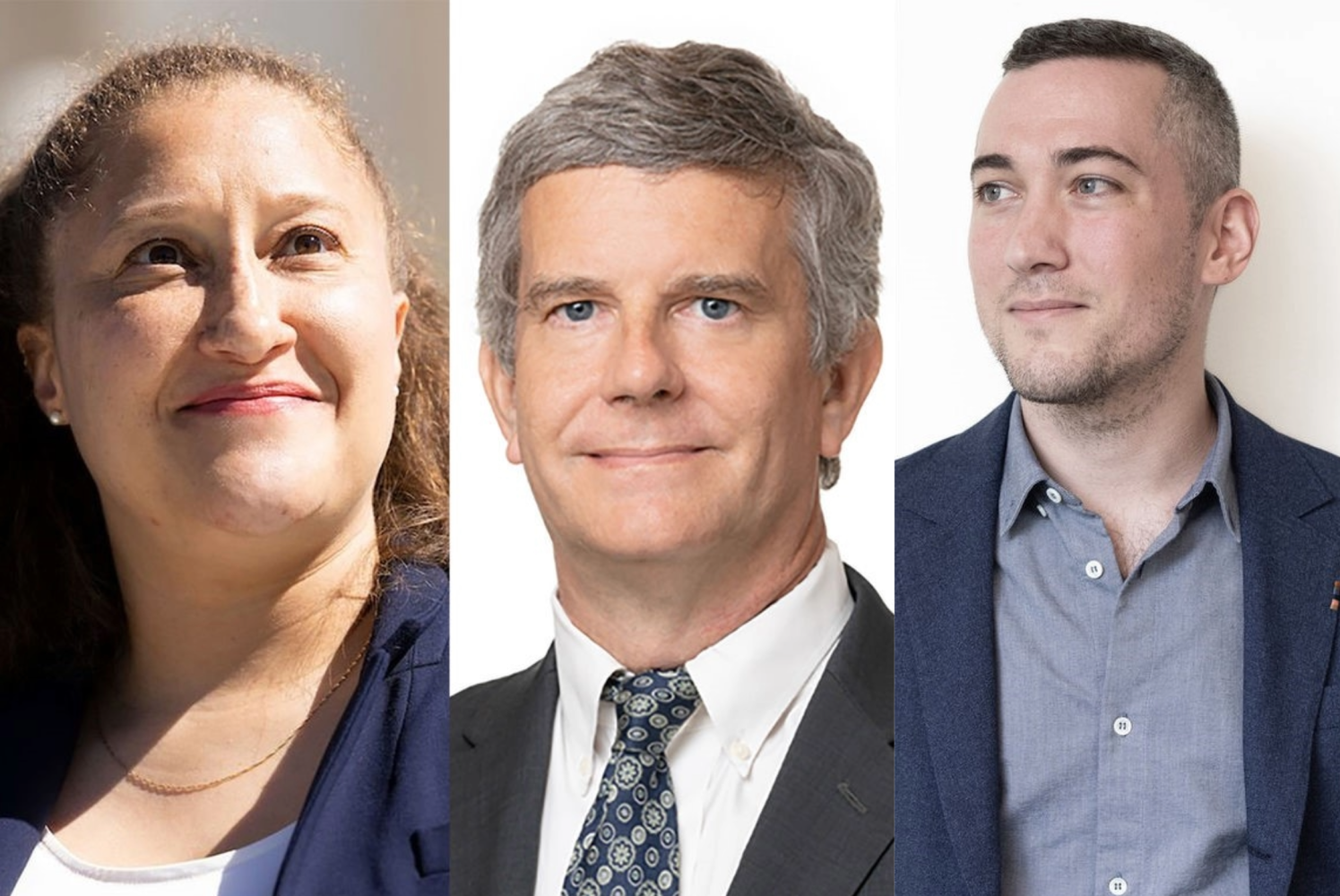
Sept. 17: Democracy and Risks to the 2024 Elections
Co-presented with the Hammer Forum and the David J. Epstein Program in Public Interest Law & Policy, UCLA Law
Can the United States conduct a free and fair election in November in which the public will have confidence? Are concerns about foreign interference, deep fakes, and disinformation serious or overblown? Is participation equally open to minority voters? What are the risks to U.S. democracy if significant portions of the public do not accept the election results as legitimate? Moderated by Rick Hasen, UCLA Law. Panelists: Leah Aden, NAACP Legal Defense and Education Fund; John Fortier, American Enterprise Institute; Yoel Roth, The Match Group.

Sept. 12: From Here to There: How States Can and Should Certify the Results of the 2024 Elections
Thursday, September 12
Recording here.
Ben Berwick, Head of Election Law & Litigation Team & Counsel (Protect Democracy), Lauren Miller Karalunas, (Brennan Center for Justice), and Michael Morley (Florida State University College of Law)
Richard L. Hasen, moderator (Director, Safeguarding Democracy Project, UCLA)
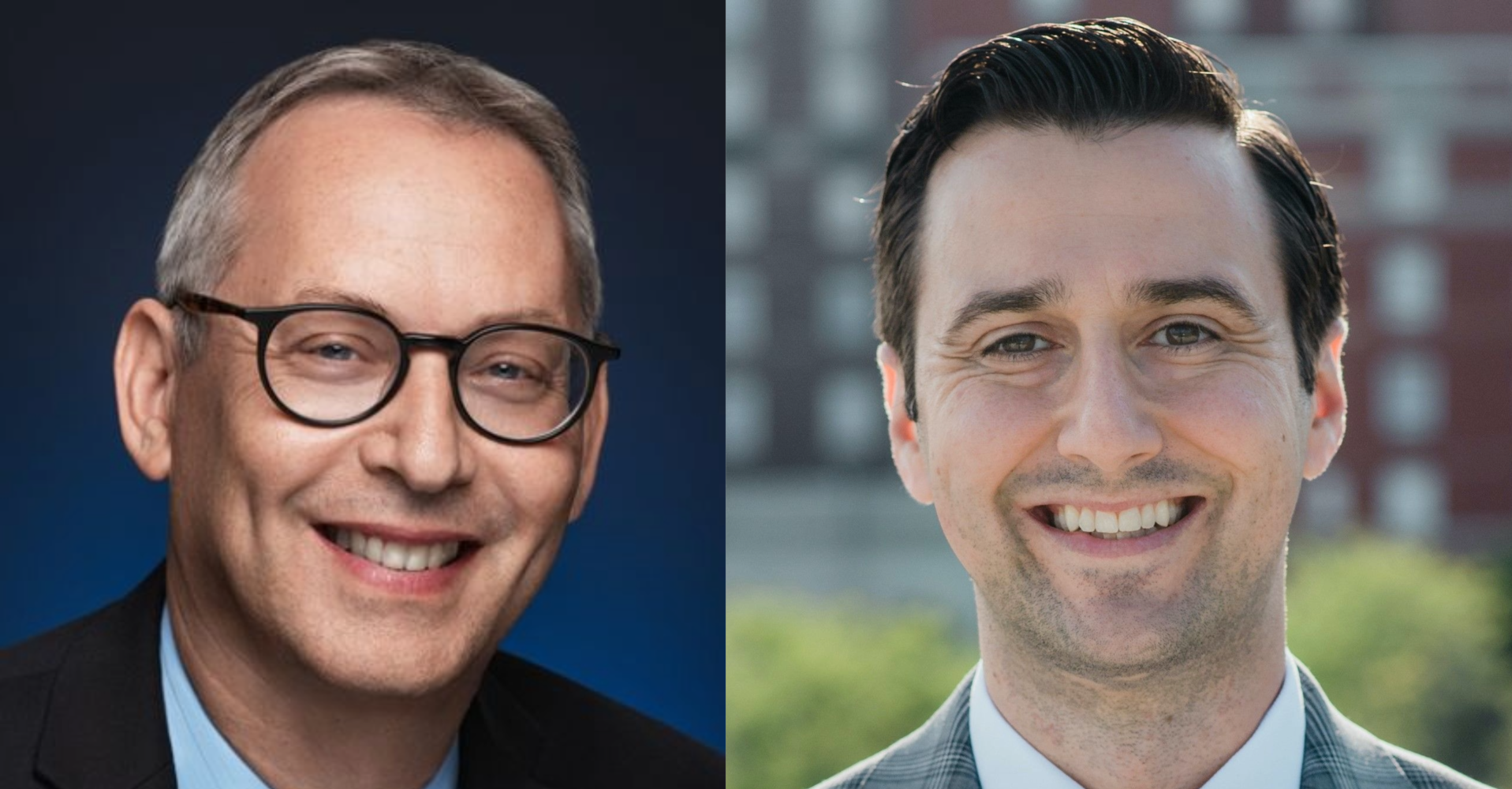
Sept. 4: Voters, Information, and the 2024 U.S. Elections
Presented by the Institute for Technology, Law & Policy, co-sponsored by the Safeguarding Democracy Project
Richard L. Hasen (Director, Safeguarding Democracy Project, UCLA Law and Michael Karanicolas, Executive Director, Institute for Technology, Law & Policy, UCLA Law)
